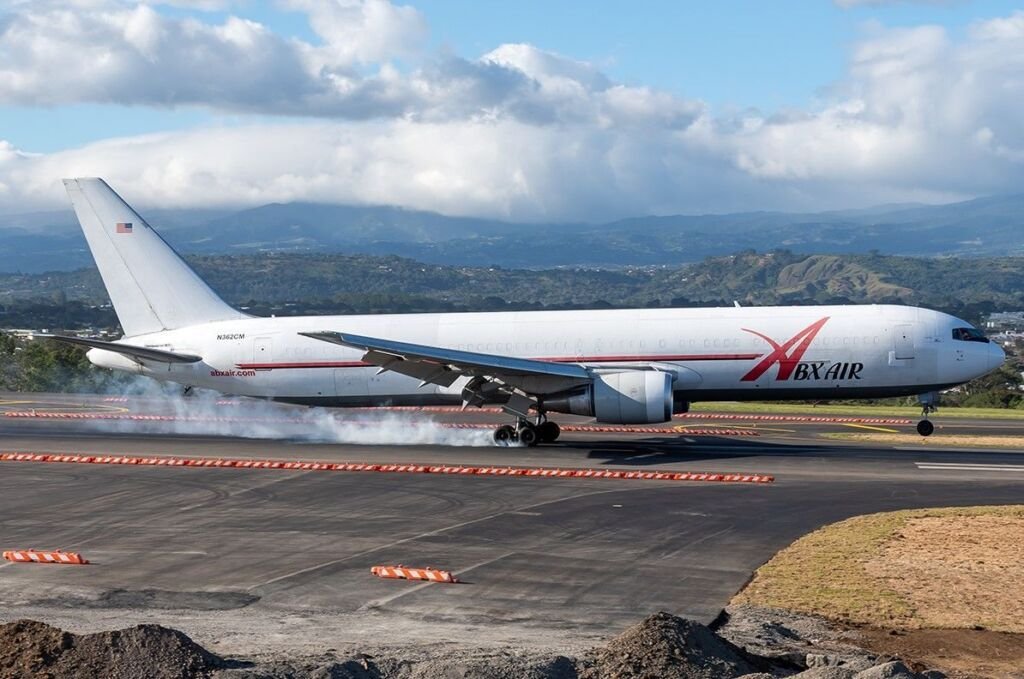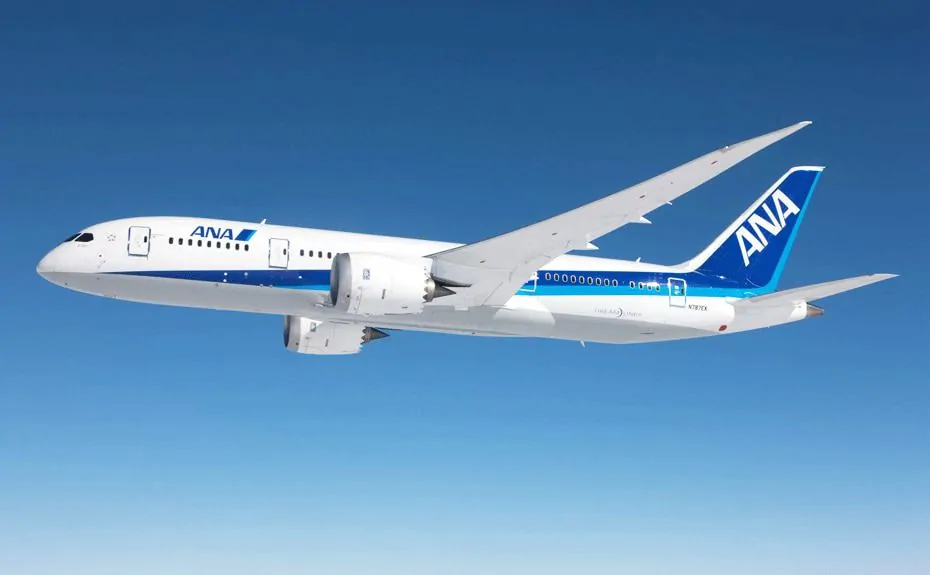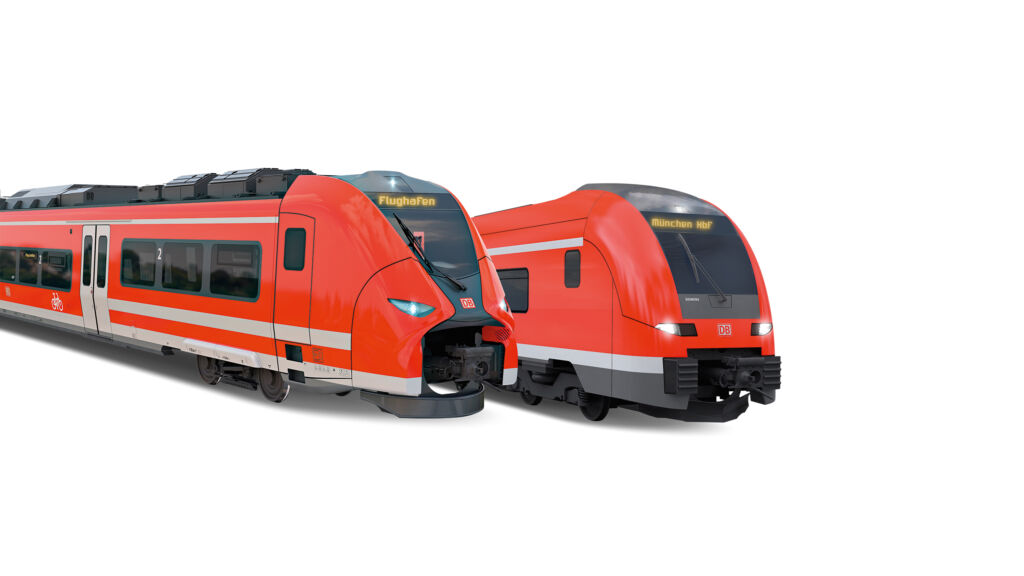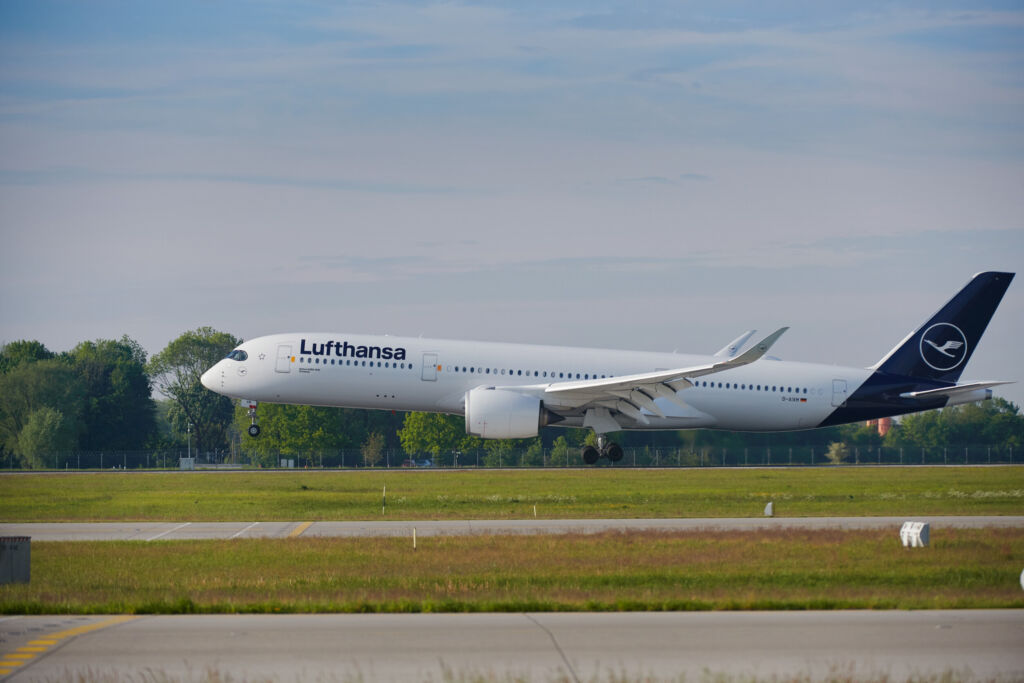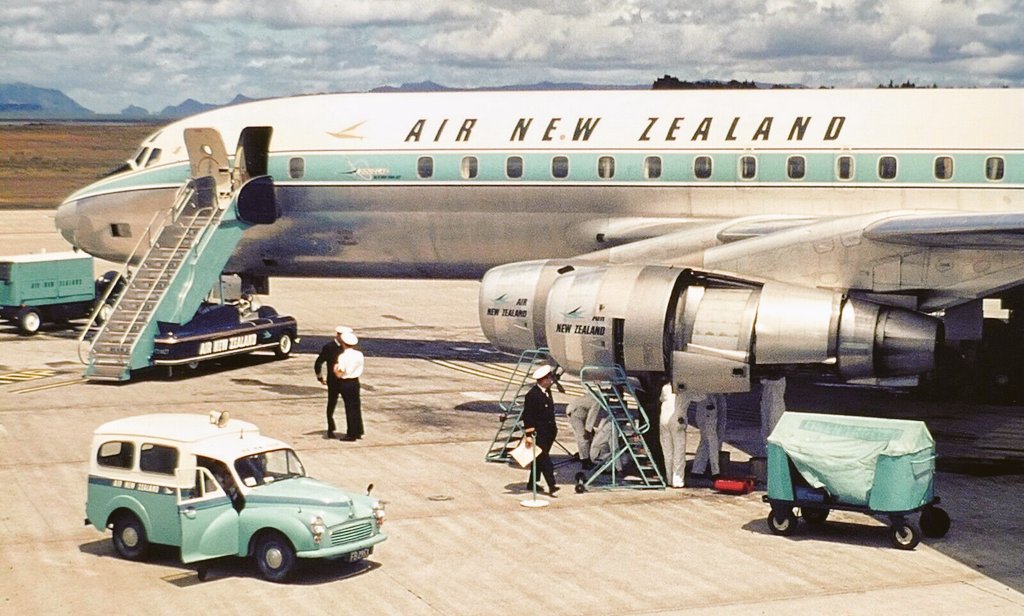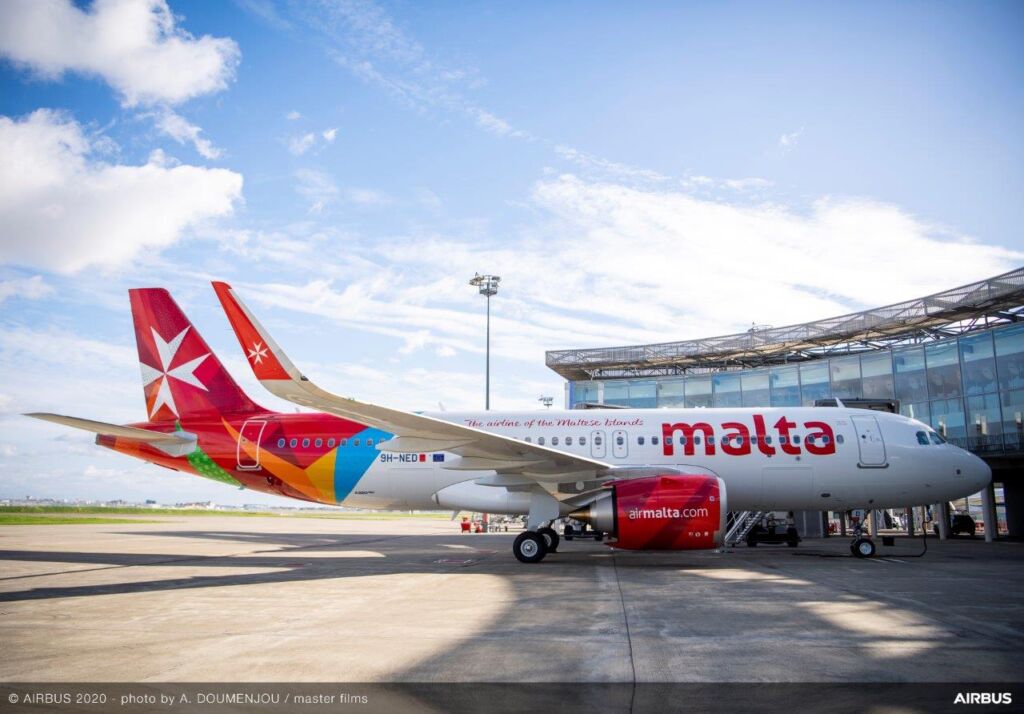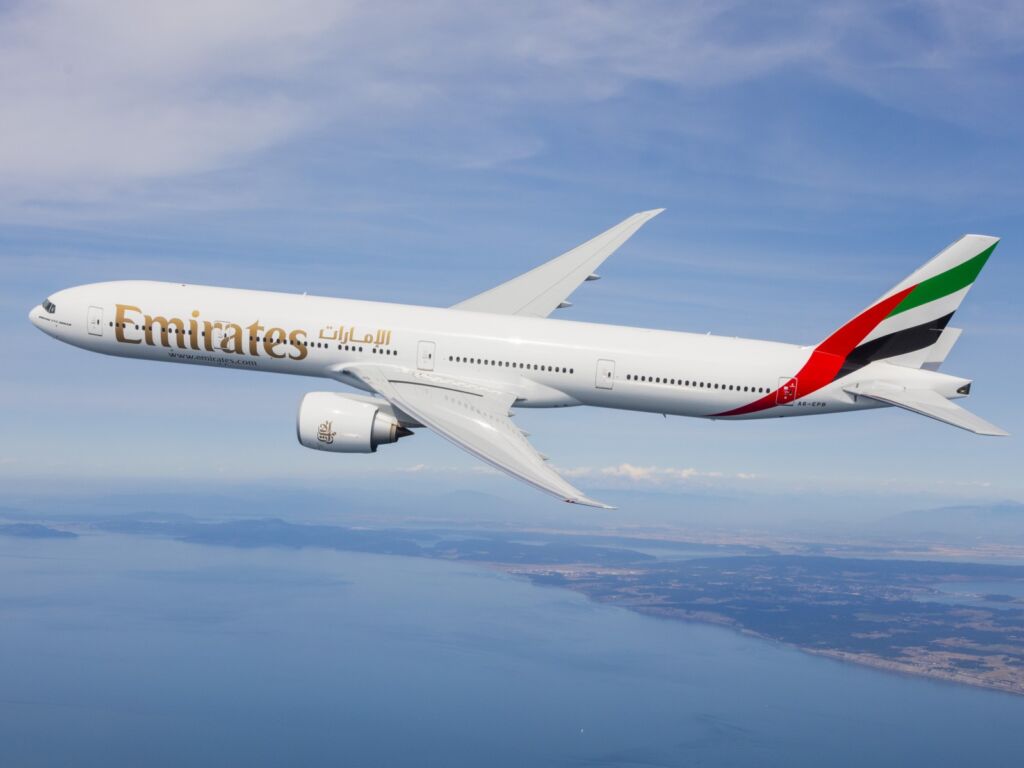LGSTX Services Wins U.S. Postal Service Contract for Orlando, Florida Sort Center
WILMINGTON, Ohio - (BUSINESS WIRE) - Air Transport Services Group, Inc. (NASDAQ: ATSG) said today that its subsidiary, LGSTX Services, Inc., was recently awarded a five-year contract with the U.S. Postal Service to install and operate a…
